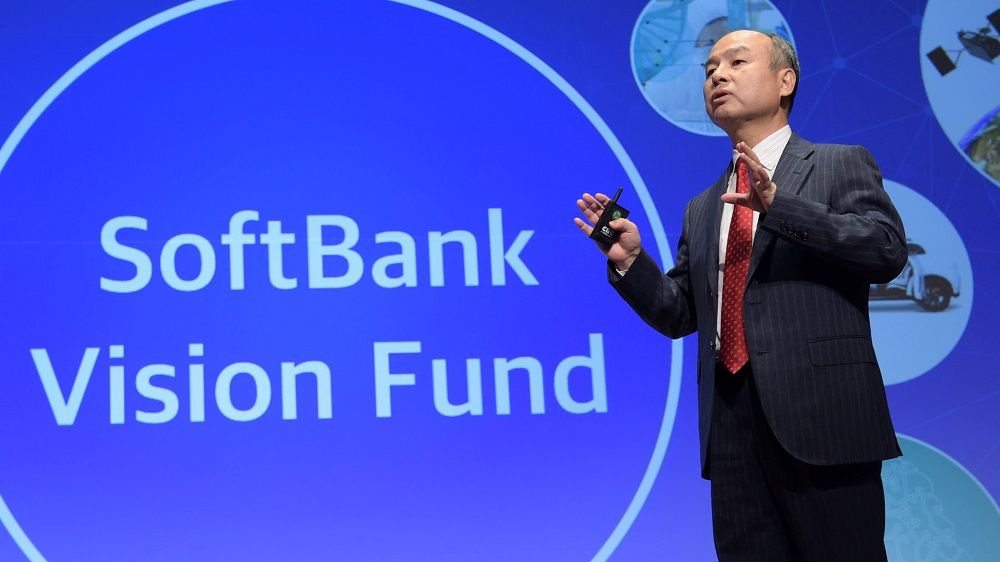Why SoftBank Vision Fund Deserve Africa’s Applause

Africa has seen a rise in venture capital investment as well, from $277 million in 2015 to $4.8 billion in 2021. That expansion has been powered by partnerships between international firms (Y Combinator, Tiger Global, SoftBank Vision Fund, Visa) and local investors (TLcom Capital, CRE Ventures, Future Africa, Kepple Africa Ventures). Africa raised more than $3.1 billion by H1 2022, about twice as much as it did during the same time period in 2021.
In 2021, investment activity showed that 80% of the 681 deals involved firms raising between $200,000 and $5 million for their early stage. Investment at the later-stage (beyond $50 million) has been few. The result is that there are underserved startups whose needs are between $5 million and $50 million. While local and foreign venture firms have struggled to fund these, Soft Bank has risen to the occasion, helping African startups raise massive in the last few months.
Since its 2017 launch, SoftBank’s Vision Fund has changed the VC market globally, contributing to record-breaking valuations for private technology startups. Masayoshi Son, the founder of SoftBank, orchestrated the funding of over 100 firms, including some of the biggest unicorns in the world, like Uber, Slack, and ByteDance.
Despite the fact that 36% of investments in startups were made by African investors in 2019, 52% in 2020, and 59% in 2021, SoftBank’s plan to strengthen the startup environment in Africa has received significant financial support. A venture capital firm that is a component of the SoftBank Group was established in 2017 and is called the SoftBank Vision Fund. It is the largest technology-focused investment fund in the world, with a capitalization of more than $100 billion.
Through investments in market-leading, tech-enabled growth enterprises, notably in privately held businesses valued at over $1 billion at the time of investment, or “unicorns,” SoftBank Vision Funds (SVF) 1 and 2 aim to hasten the AI revolution. The firm has assisted founders create breakthrough businesses through extensive global reach and funding.
SVF made its African mark in August last year after it led a $400 million funding round for Nigeria-based fintech company, Opay. The round saw Opay hit the Unicorn status at a $2 billion valuation. One month later, SVF led a $200 million Series E round for Andela, helping the startup to the Unicorn status at a $1.5 billion valuation.
2021 saw a significant advancement in African technology as it became easier for businesses to close $100 million fundraising rounds, as Wave, MFS Africa, TradeDepot, Flutterwave, and other startups accomplished. The pattern continued in 2022 as Esusu, a financial business with its headquarters in New York, raised $130 million in a Series B investment round. SoftBank Vision Fund 2 led the investment round. Esusu’s valuation increased to $1 billion thanks to the investment, putting it in a select group of few black-owned firms that have attained the coveted unicorn valuation.
VCs tend to tilt towards growth stage startups as they feel that this is where the opportunity lies and they can get good ROI at great price as the startup accelerates. But as much as Africa needs the seed money, it also needs the 9-figure funding to drive its digital economy. Investors have tended to shy away from high growth startups but it looks like SoftBank Vision Fund relishes the opportunity to investment in such businesses.
The anticipated value of Africa’s digital economy, which is expected to be $712 billion in 2050, is at a turning point thanks to rising demand for digital services and an increase in the number of software developers and other tech talent in Africa. When they are at the next fundraising event, VCs may rely on these facts.
